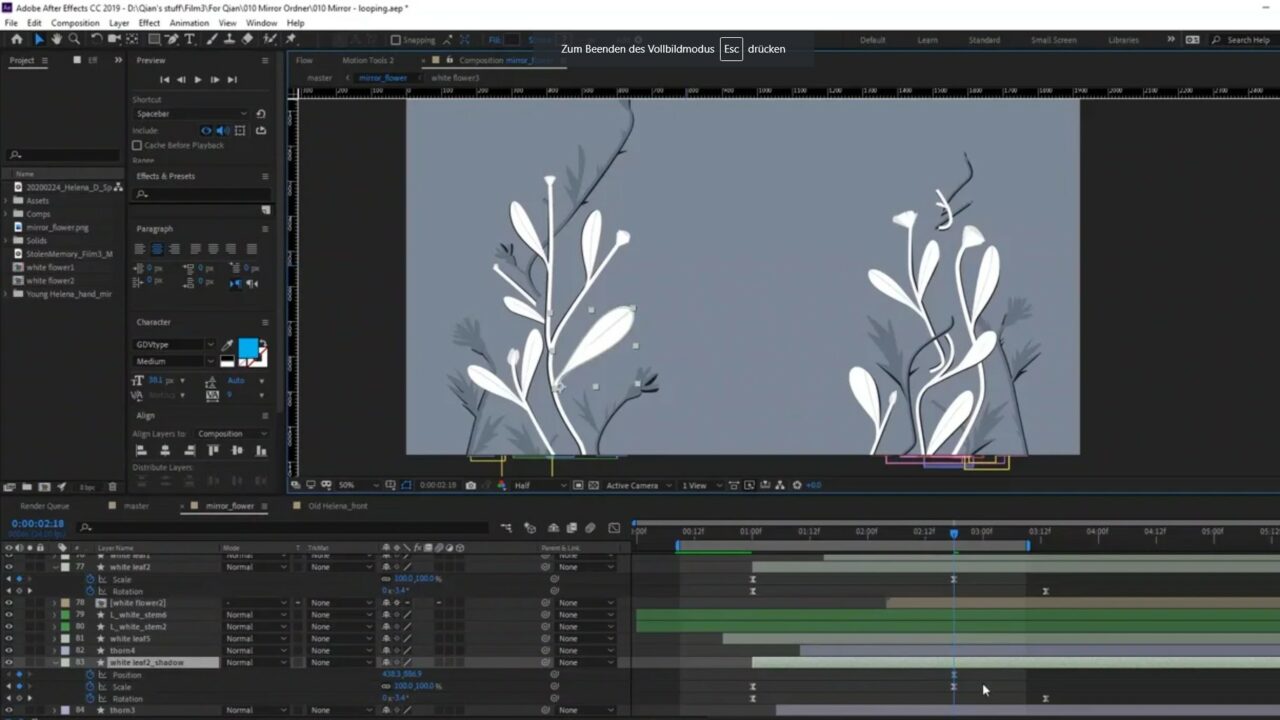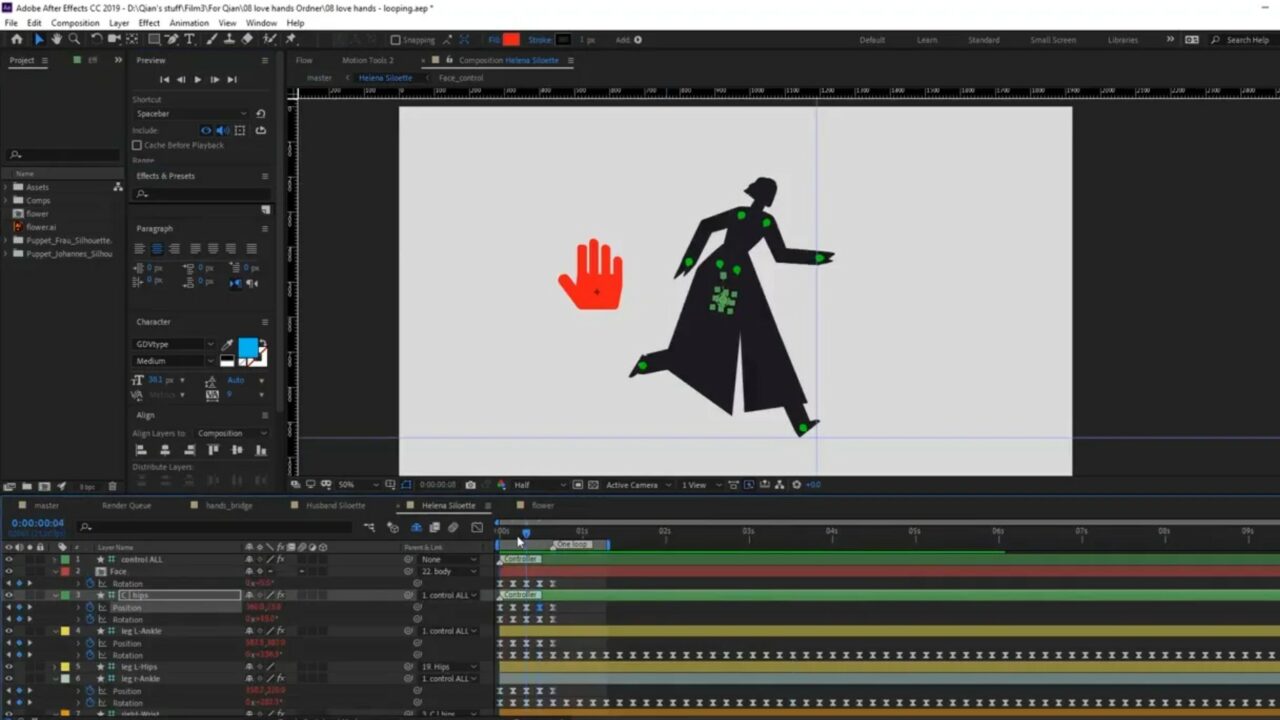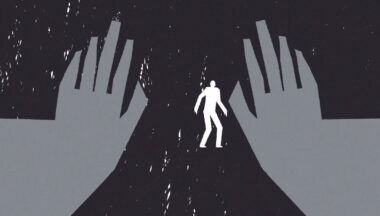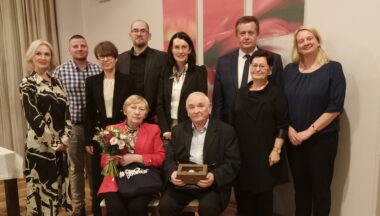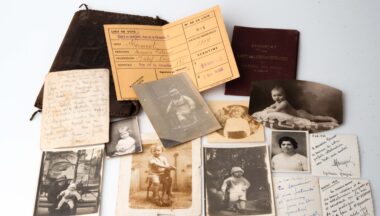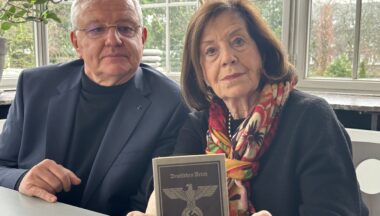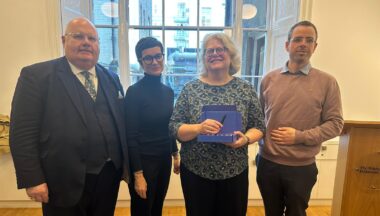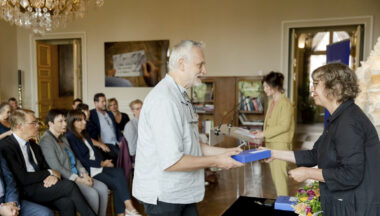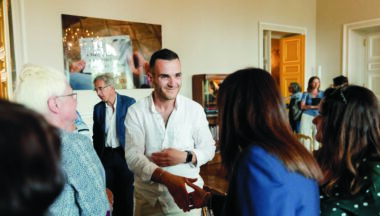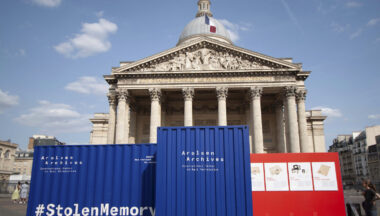A highly creative effort
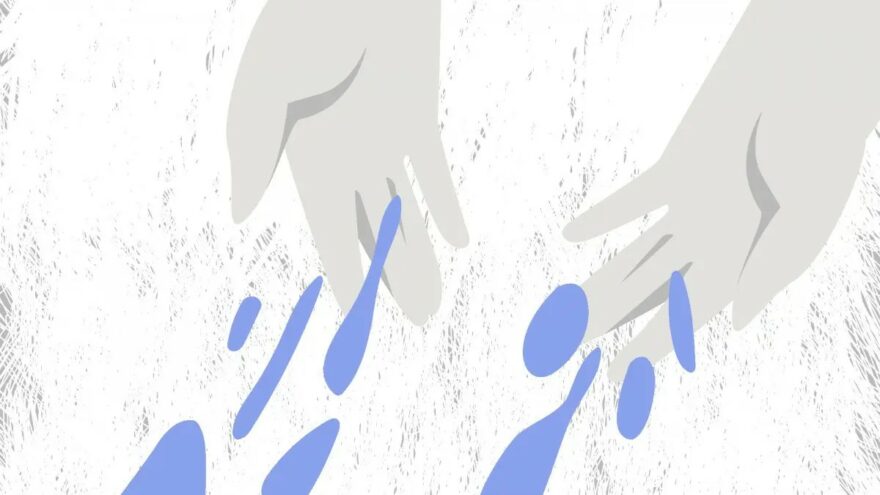
Three animated video clips are at the heart of the online #StolenMemory exhibition. Short and to the point, they tell the true stories of Johannes Berens, Helena Poterska, and István Rokza, and leave a lasting impression on those who watch them. Persecution by the Nazi regime is the common theme that links the three protagonists.
The videos are almost entirely in black and white and use the three figures to show how very different the individual people were who were deported, imprisoned, exploited, and often murdered by the Nazis at the end of a long and terrible ordeal. Johannes was a Dutch policeman who refused to cooperate with the German occupying forces. Helena was deported from Poland, but still fell in love with a German prisoner of war after the liberation. István was Jewish and was made to do forced labor; he survived and emigrated to Israel after the end of the Second World War.
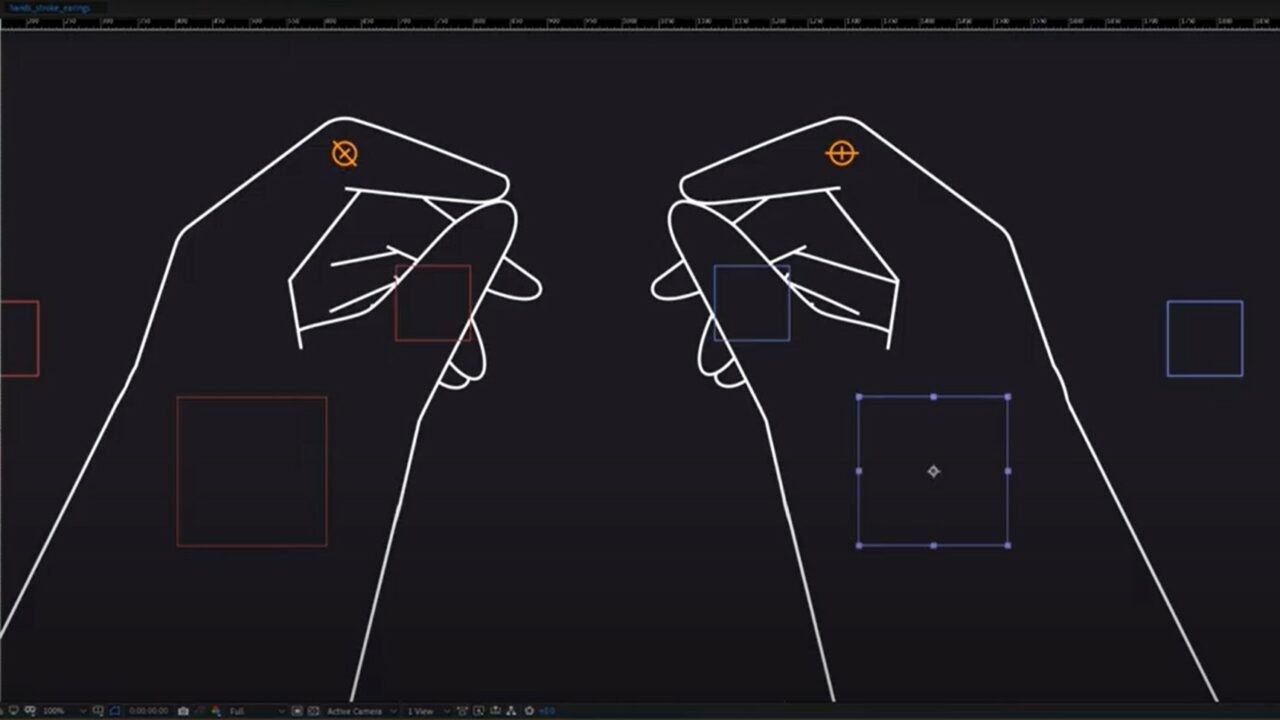
The creators of the animated clips gave each of the three stories a voice, stylized images, a sound track reminiscent of a museum piece, and a narrative that is both compact and moving. The Berlin agency Goldener Westen was commissioned to produce the films by the Arolsen Archives. The agency used a labor-intensive, multi-faceted approach and first-person narratives to describe the persecution suffered by Johannes, Helena, and István, making their stories accessible to a wide audience.
Designing storyboards, composing music, and making drawings that were then digitized and animated are just a few of the steps involved in the process. The agency’s “making-of” shows just how important the – often digital – cooperation between the many people who contributed to the finished product was. It also draws attention to the disruption caused by the outbreak of the coronavirus pandemic. Coming as it did right in the middle of the production process, this was an unexpected obstacle that had to be overcome. The creative team adapted to the changed situation fast and rose to the challenge with great professionalism.
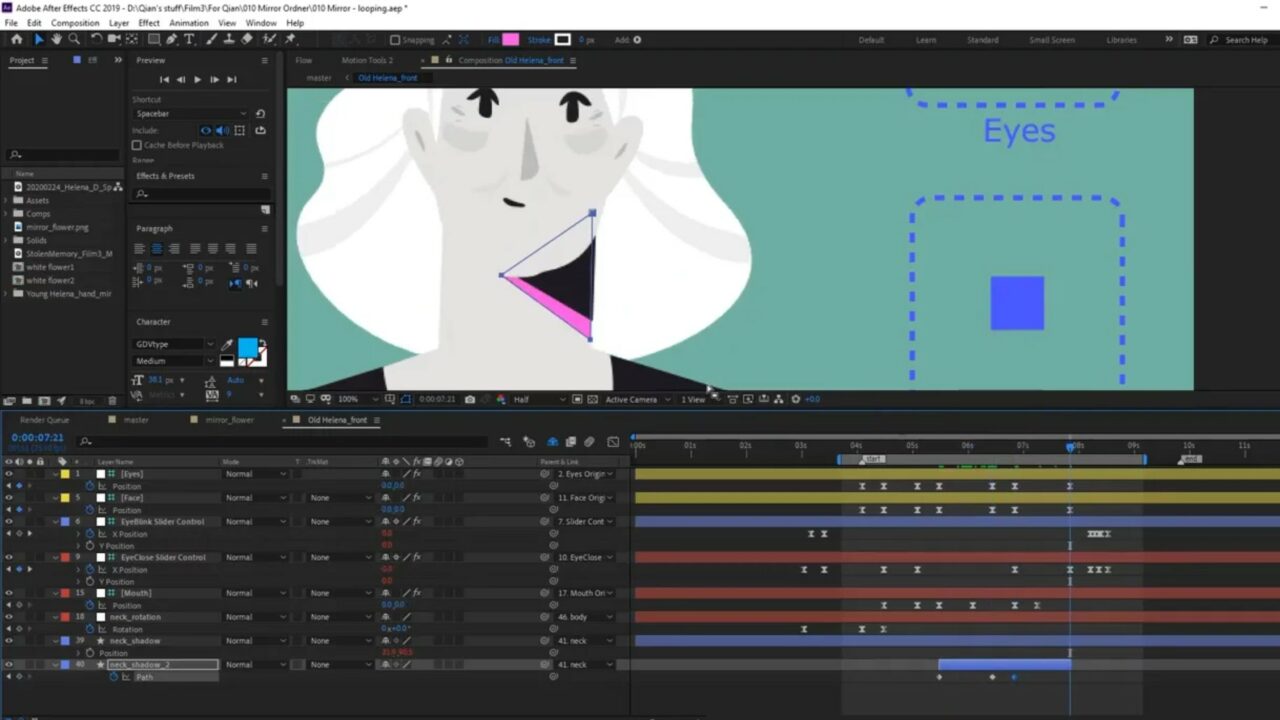
Visitors to the online #StolenMemory show can see the results for themselves. Artistically speaking, the three video clips are very ambitious, but they are also highly informative. What is especially noteworthy in the face of the unusual conditions created by the coronavirus pandemic is the way these films conjure up the atmosphere of a museum and bring it onto the screens in our classrooms and living rooms. And they move audiences without overwhelming them. The films constitute an impressive creative effort commemorating three people who suffered terrible and unjust persecution.
